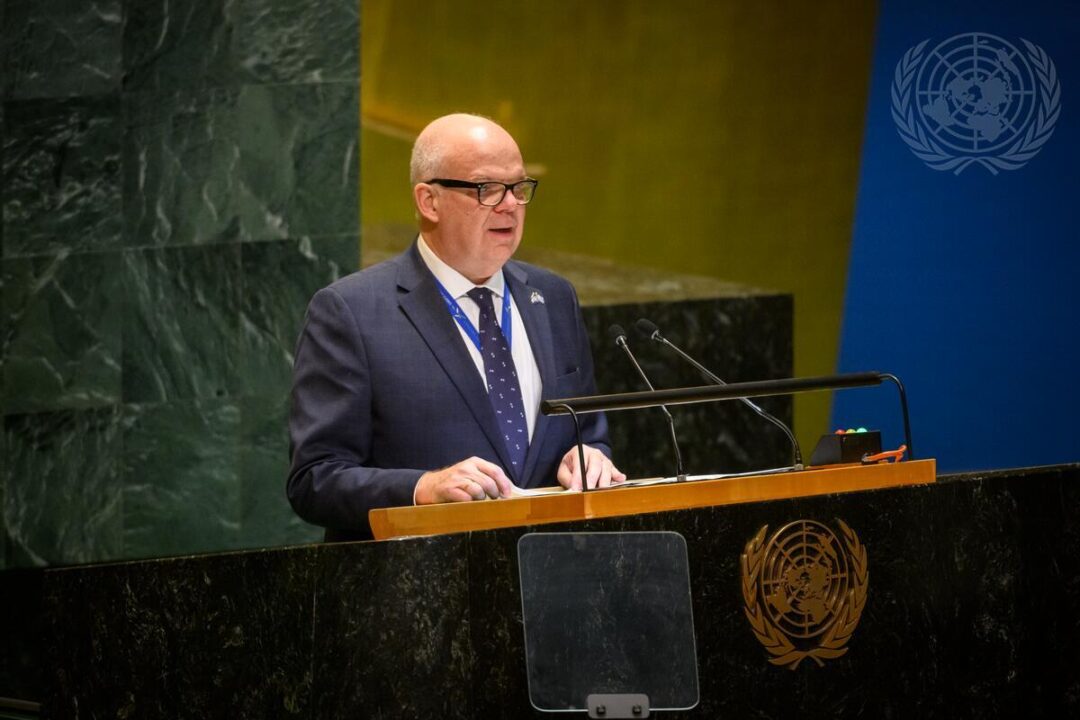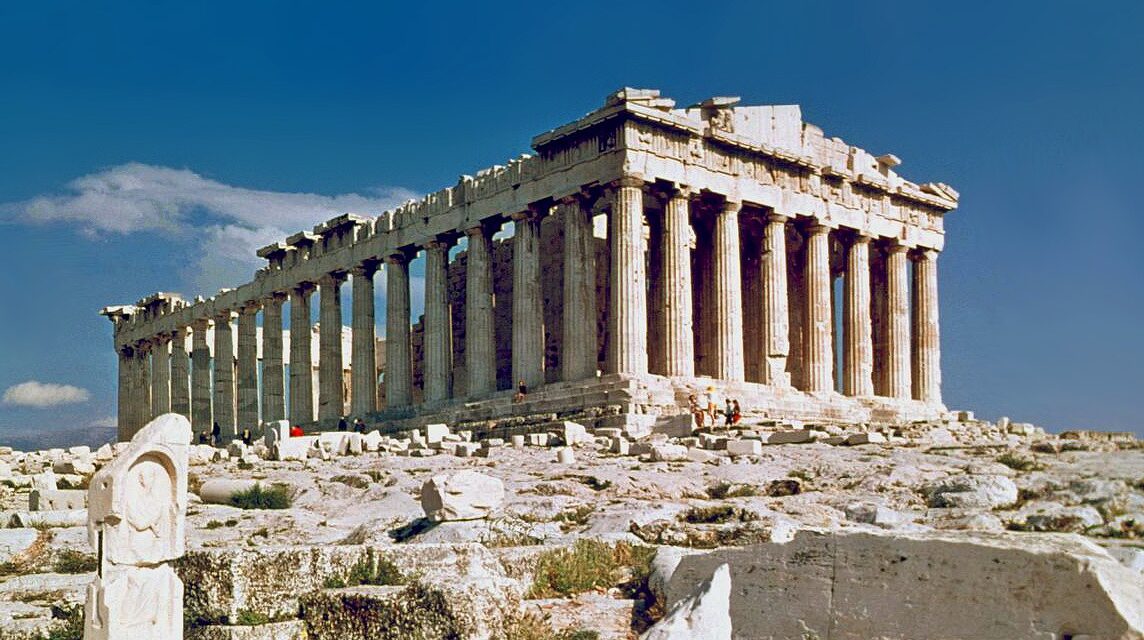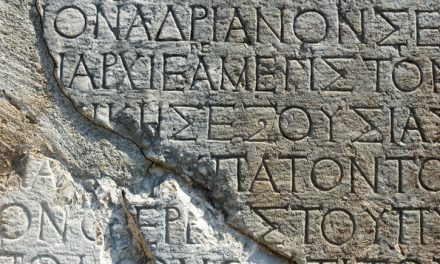Greece has begun its two-year term as a non-permanent member of the United Nations Security Council on January 1st 2025. On December 6, the 79th Plenary Session of the UN General Assembly adopted by consensus the Resolution on “Return or Restitution of Cultural Property to the Countries of Origin” spearheaded by Greece, with 146 co-sponsorships. This represents the highest number achieved to date and was the first occasion on which all 27 EU Member States, co-sponsored the resolution. highlighting EU unity on such a sensitive political issue.
“It is of the utmost importance for us all to recognize that the protection of human life will always remain our primary concern, but that respect for a people’s cultural identity is also vital. While human life is of greater importance than objects, it is nevertheless necessary to respect the rules for the protection of cultural property, as it is the collective memory of humanity and symbolizes human life itself,” explained Ambassador Evangelos C. Sekeris, the Permanent Representative to the United Nations addressing the Assembly.
The resolution aims at achieving interstate cooperation in protecting cultural property against illicit trafficking in times of peace and war, as well as establishing a common framework of respect for tangible and intangible cultural heritage. Practically speaking, member states will be required to ensure documented proof of origin and provide certificates for cultural goods traded internationally, including those traded online.

Throughout the years, the UN and UNESCO in particular have played a pivotal role in combating illicit trafficking and promoting the return of cultural property. This is being done through initiatives such as the 1970 UNESCO Convention (on the Means of Prohibiting and Preventing the Illicit Import, Export and Transfer of Ownership of Cultural Property) and partnerships with INTERPOL and other organizations.
Going one step further, the newly adopted Resolution expresses serious concern about cultural property removed before the 1970 Convention and calls for its return. It also encourages the return and restitution of stolen and illegally possessed cultural property to their historic environment.
This Greek initiative is a remarkable diplomatic success given the fact that Resolutions tabled by only one country are rarely adopted by such a large number of co-sponsors. The cross-regional support of the Resolution, with a wide and diverse group of co-sponsoring member states, illustrates the change in attitude on the issue of the return or restitution of cultural property and the high visibility this has gained in recent years. It is also a very promising beginning for Greece’s tenure as a non-permanent in the Security Council, starting January 2025.

Protection of world cultural heritage and the Restitution of the Parthenon Sculptures
Recently, Greek Minister of Culture Lina Mendoni addressed the International Symposium titled “Old and New Threats to Global Cultural Heritage: The Role of Prevention,” (16.12.2024) organized by the Ministry of Culture to mark the 70th anniversary of the Hague Convention (1954) and the 25th anniversary of its Second Protocol (1999). The event, hosted at the War Museum of Athens, highlighted the significance of international collaboration in safeguarding cultural heritage from evolving threats. Minister Mendoni emphasized that cultural heritage protection is a top priority for Greece, both tangible and intangible, regardless of its geographic location or historical depth. She underlined Greece’s successful efforts in repatriating illegally exported artifacts, achieved through a coherent policy and the use of institutional tools. Mendoni reiterated that new and complex threats to heritage transcend borders and often occur even in times of peace, making international cooperation vital for effective prevention.
A meeting between Greek Prime Minister Kyriakos Mitsotakis and UK Prime Minister Sir Keir Starmer (3.12.2025) has reignited discussions in the UK media about the potential return of the Parthenon Sculptures to Greece. Greek officials emphasize that the Sculptures were taken unlawfully and are integral to Greece’s heritage, pushing for their permanent return.
The sculptures are part of a 2,500-year-old frieze that was taken from the Acropolis in the early 19th century by British diplomat Lord Elgin and put on display in the British Museum. Athens says they were removed illegally and wants them returned so they can be displayed alongside the rest of the Parthenon Sculptures at the Acropolis Museum in Athens.
The British Museum is banned by law from giving the sculptures back to Greece, but extensive talks have been held on a long-term loan arrangement. According to sources quoted by British news publication the Guardian, “It is envisaged that any agreement will be underpinned by a cultural partnership between the two countries, with the sculptures returned to Athens and reunited with other pieces currently on display at the Parthenon galleries of the Acropolis Museum – in exchange for blockbuster art works that will take centre stage in rolling exhibitions in London.” Public opinion in the UK appears to favor the return of the Parthenon Sculptures to Greece, a, with a YouGov poll showing 53% support for their return.
I.L. with information from News and Documentation Bulletin, Department of Analysis and Research, Directorate E2 of International Communication, Greek Ministry of Foreign Affairs.
Read more:
- The Greek Ministry of Culture on the Restitution of the Parthenon Marbles
- The Parthenon Project
- International Association for the Reunification of the Parthenon Sculptures
- The British Committee for the Reunification of the Parthenon Marbles
- Greek News Agenda: A new era for the Restitution of the Parthenon Marbles
TAGS: ANCIENT GREECE | ARCHEOLOGY | CULTURAL DIPLOMACY | HERITAGE | HISTORY | UN | UNESCO














